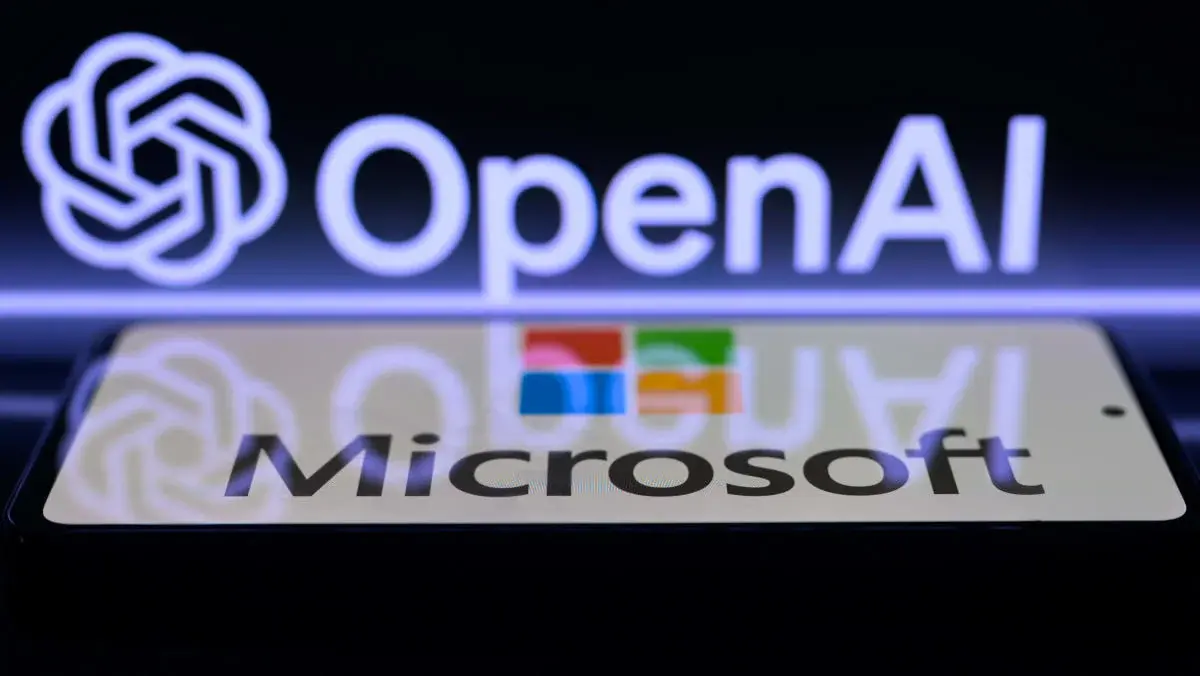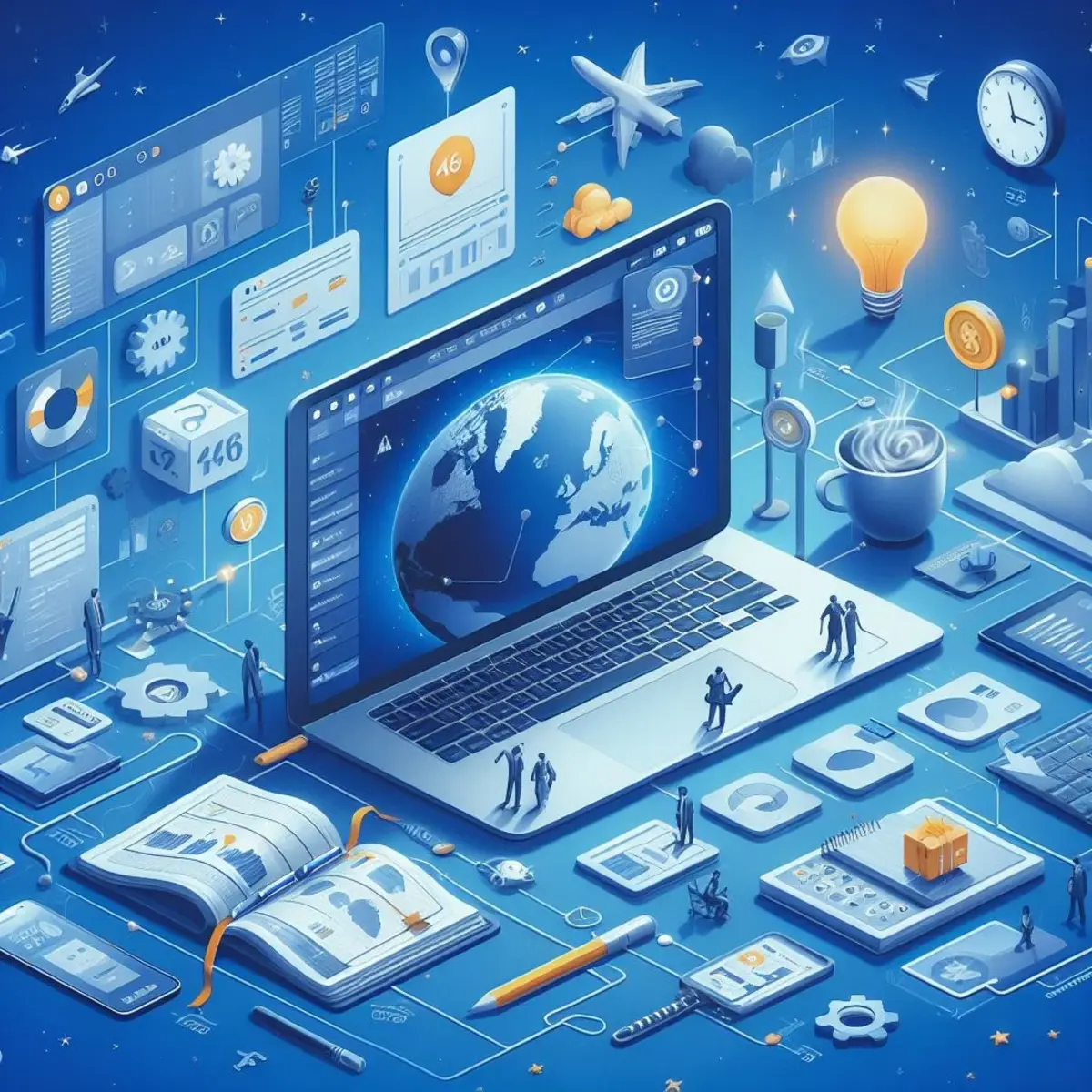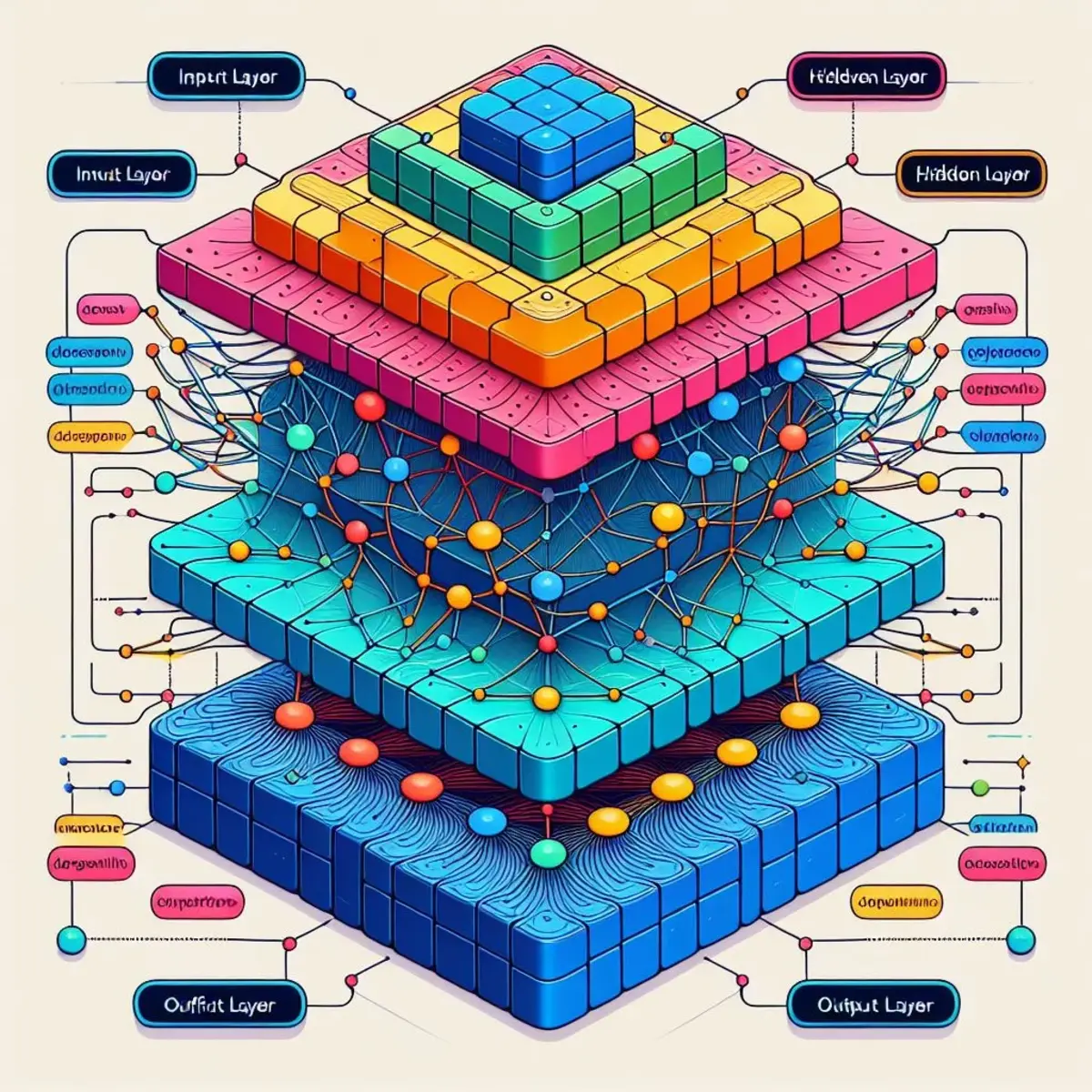Microsoft OpenAI Board Exit: Microsoft’s recent decision to exit its observer seat on OpenAI’s board marks a pivotal moment in the AI industry. This strategic move, driven by regulatory concerns and confidence in OpenAI’s governance, is set to reshape the dynamics of AI innovation and competition.
In this blog post, we explore seven key insights into this significant development and its broader implications.
Table of Contents
Microsoft’s recent decision to relinquish its board observer seat at OpenAI has sparked considerable discussion in the tech world.
7 Key Insights into Microsoft OpenAI Board Exit
This move, driven by regulatory concerns and a confidence in OpenAI’s governance, signifies a pivotal moment in the evolving relationship between these two giants. In this blog post, we will delve into seven critical insights to understand the implications and benefits of this strategic shift.
1. The Catalyst for Change
Regulatory Scrutiny and Antitrust Concerns
Microsoft’s initial involvement as an observer on OpenAI’s board, coupled with its substantial investment, raised eyebrows among antitrust regulators across Europe, Britain, and the U.S. The key issue was the extent of control Microsoft exerted over OpenAI, a concern exacerbated by the observer seat which allowed access to confidential information without voting rights.
2. Improved Governance at OpenAI
Governance Enhancements
In the past eight months, OpenAI has significantly bolstered its governance. These improvements have been substantial enough for Microsoft to confidently step back, believing that their role as an observer is no longer necessary. This decision highlights the maturity and stability of OpenAI’s current governance structure.
3. New Engagement Approach
Regular Stakeholder Meetings
OpenAI plans to replace the observer seat with a more inclusive engagement approach. Regular stakeholder meetings will be held with strategic partners like Microsoft and Apple, as well as key investors such as Thrive Capital and Khosla Ventures. This strategy aims to maintain transparency and collaboration without the need for board observation.
4. Impact on the AI Ecosystem
Competitive Dynamics
The exit of Microsoft from OpenAI’s board observer role is likely to reshape the competitive dynamics within the AI industry. Both companies are now positioning themselves to independently offer AI solutions to enterprise customers. This move could lead to more innovation and competition, ultimately benefiting consumers and businesses alike.
5. Microsoft’s Strategic Moves
Expansion and Diversification
Microsoft is actively expanding its AI offerings on the Azure platform. Additionally, by hiring the CEO of Inflection to head its consumer AI division, Microsoft is signaling its intent to diversify beyond its partnership with OpenAI. These strategic moves are designed to demonstrate Microsoft’s independence and mitigate antitrust concerns.
6. The Role of Apple
Apple’s Decision
Interestingly, Apple, which was widely expected to take over the observer role, has decided against it. Instead, Apple is focusing on integrating OpenAI’s ChatGPT into its devices. This decision aligns with Apple’s strategy of leveraging AI technology to enhance its product ecosystem without direct governance involvement in AI startups.
7. Regulatory Outlook
Antitrust Watchdogs
While the European Union’s antitrust regulators have stated that Microsoft’s partnership with OpenAI does not fall under merger rules, they continue to scrutinize exclusivity clauses in the agreement. Meanwhile, British and U.S. regulators remain cautious about Microsoft’s influence over OpenAI. This ongoing regulatory oversight underscores the delicate balance companies must maintain in collaborative ventures.
FAQ Section: Microsoft OpenAI Board Exit
1. Why did Microsoft relinquish its observer seat at OpenAI?
Ans: Microsoft relinquished its observer seat due to improved governance at OpenAI and to address regulatory concerns about the extent of its control over the AI startup.
2. How will OpenAI engage with its stakeholders after this change?
Ans: OpenAI will host regular stakeholder meetings with strategic partners and investors to maintain transparency and collaboration.
3. What are the implications of Microsoft’s exit for the AI industry?
Ans: Microsoft’s exit may lead to increased competition and innovation as both companies independently offer AI solutions to enterprise customers.
4. Why did Apple decide not to take the observer role?
Ans: Apple chose to focus on integrating OpenAI’s ChatGPT into its devices, aligning with its strategy to enhance its product ecosystem.
5. How are regulators responding to Microsoft’s partnership with OpenAI?
Ans: Regulators in the EU, Britain, and the U.S. are closely monitoring the partnership, with varying degrees of concern over Microsoft’s influence and exclusivity clauses in the agreement.
Conclusion and Call to Action: 7 Key Insights into Microsoft OpenAI Board Exit
Microsoft’s decision to relinquish its observer seat at OpenAI marks a significant step in the evolving landscape of AI governance and industry competition. This move not only addresses regulatory concerns but also underscores the maturity of OpenAI’s governance. As both companies continue to innovate and expand independently, the future of AI looks promising for businesses and consumers alike.
Stay informed about the latest developments in AI and technology by subscribing to our newsletter. Your insights and feedback are invaluable as we navigate these exciting times together.
Disclaimer
This blog post is for informational purposes only. The opinions expressed herein are those of the author and do not necessarily reflect the views of Microsoft, OpenAI, or any other entity mentioned. The information provided is based on the latest available data at the time of writing.
References
- “Microsoft ditches OpenAI board observer seat amid regulatory scrutiny” – Reuters
- “EU antitrust regulators assess Microsoft-OpenAI partnership” – Financial Times
- “Apple integrates OpenAI’s ChatGPT into its devices” – TechCrunch
This blog post captures the essence of the recent developments between Microsoft and OpenAI, providing insights and context for readers. By staying up-to-date with industry changes, you can better understand the dynamics shaping the future of AI technology.
JWT Authentication: The Ultimate Security Guide – 4 Advantages









